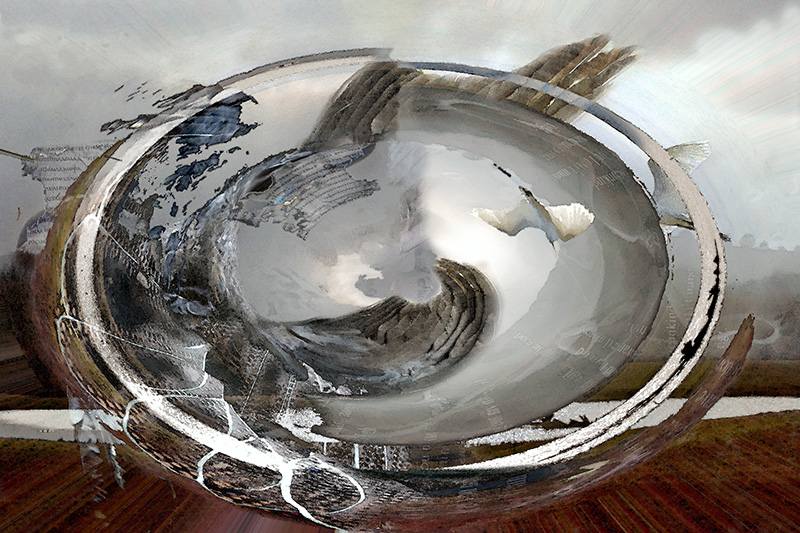
You’d think people would make their decision based on some rational utility model, deciding what’s best and then sticking with it. Well, at least economists thought so for the longest time. Yesterday we discussed how consistency is blown to the wind when you frame outcomes with focus on gain or loss, respectively. Today I am sorry to report, we’ll learn that the same is true when it comes to how you frame questions.
Let’s say you have to decide in a messy divorce case to whom to award sole custody of the kids. One parent (A) has average income, health, working hours, good report with the children and a stable social life. The other parent (B) has above average income, very close relationship with the children, extremely active social life, lots of work related travel and minor health problems. People overwhelmingly award custody to parent B. If, however, you instead ask the question who should be denied custody, people overwhelmingly again chose parent B, so A gets the kids. You read that right: the same person is first awarded and then denied custody, depending on how the question was framed. What’s going on here?
When you try to make a decision you attempt to justify your reasoning. To award custody to someone, they must be deserving. Clearly parent B has stronger bonds with the children and more money, so these positive factors would justify the decision. If someone is denied custody you also need justification – so you go and look for negative factors that might bolster this outcome – and again find them in – relative to A – the factors of work related absence from home, social butterfly, and potential health hazards for parent B. Think of what clever lawyers can do with these findings….

The same holds for how you frame the evidence – would you accept your doctor’s advice to try a treatment that has a 50% success rate, having run out of other options? Would you try the same treatment if s/he tells you it has a 50% failure rate?
The justification process becomes increasingly difficult if we are offered too many options. In fact, here is a scary real life example. Let’s offer a medical doctor two options, surgery or medication, for a particular patient, both having a number of benefits and costs, both being effective. Docs split prettily evenly between the two, half choosing to cut, half choosing to poison…..Offer doctors three options, surgery, medicine 1 and medicine 2, guess what they choose now? Overwhelmingly surgery! Somehow choosing between the medications affords no easy justification for either one, so they don’t chose between them and go for surgery instead.
Clearly people are affected by multiple psychological influences when making decisions, leaving utility theory in the dust. A purely economic model simply cannot account for the data of people making 180 degrees turn in their choices. Kahneman, by the way, won the nobel prize in economics for this work. One of the more embarrassing moments of my life was when my then 6 or 7 year-old son picked up the phone when Kahneman called (questions about a conference paper). We were out in the yard and my kid leaned out of the open window, phone in hand and yelled, “Guys, the Nobel dude wants to talk to you!”













